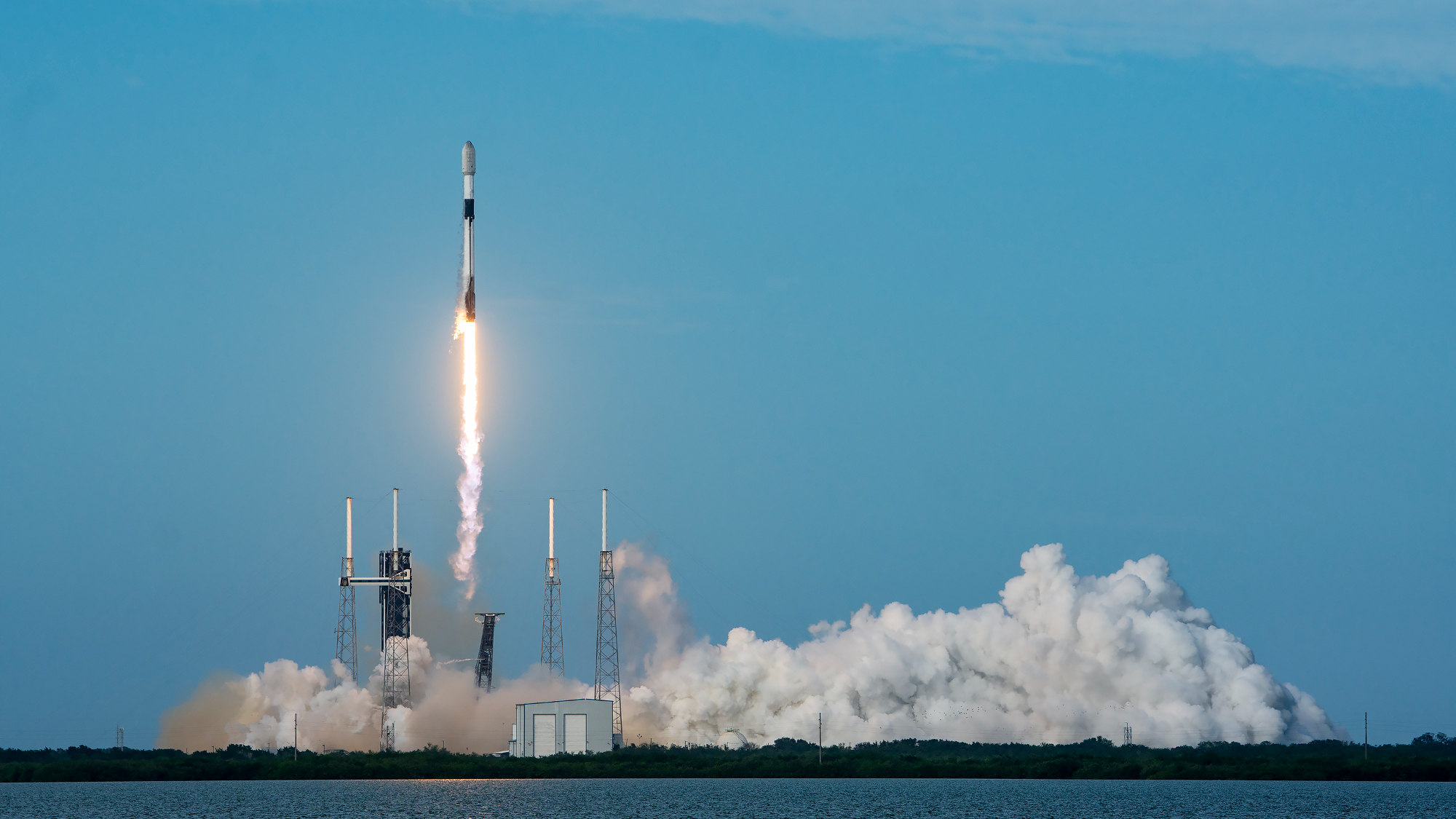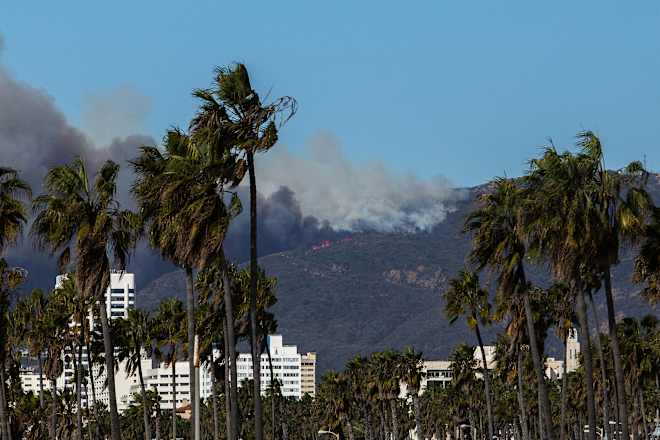Why do US politics affect the rest of the world?
Vox reader Jo Ní Coinnigh asks: Why do American politics (especially the presidential election) affect not just the US, but the entire world? On one level, the answer to this question is very simple: The United States is the most powerful country in the world. So what happens in Washington matters to the world in […]


Vox reader Jo Ní Coinnigh asks: Why do American politics (especially the presidential election) affect not just the US, but the entire world?
On one level, the answer to this question is very simple: The United States is the most powerful country in the world. So what happens in Washington matters to the world in the same way that decisions in Rome during the height of its imperial era mattered to everyone who lived near its borders.
But I worry the comparison to Rome actually undersells the importance of America to the world. Because while the ancient world was more interconnected than most appreciate, it was nothing compared to the world we live in today.
Partly, of course, this is a matter of technology — starting with the most dangerous weapons ever made by humanity.
Post-World War II politics have been largely defined by the specter of nuclear war, a conflict so devastating that it cannot conceivably be won. Were the United States go to war with Russia or China — or even North Korea — any use of nuclear weapons would have consequences going well beyond the targets. A full-on nuclear exchange between large nuclear powers could even undermine the foundations of life on earth itself.
But even if we aren’t talking about the worst case — and, frankly, improbable — scenarios, the United States is still a global hegemon, setting the terms of political engagement for nearly everyone on the planet.
It is the most powerful country in the NATO alliance, which is the largest alliance system in global history. The US military has bases on every populated continent. The dollar is the world’s reserve currency, the most widely accepted form of financial exchange and thus the backbone of the global economy. American diplomats play a role in sensitive negotiations around the world, even those that may not directly affect US interests.
How could the new Trump administration affect the rest of the world?
To see how changing American policies could affect the world, let’s consider a number of specific policy issues directly raised by the new Trump administration:
- If the United States scales down its role in NATO, or exits altogether, how long can the peace and stability (Western) Europe has experienced since World War II last? Will Germany rearm and develop nuclear weapons? Will historic European animosities reemerge?
- Similarly, if the United States commitment to East Asian alliances starts to wobble, will Japan rearm and nuclearize? Would South Korea similarly go nuclear? And how would China react?
- If the United States, the world’s largest economy, abandons any interest in climate action, how much will other countries follow suit? What will the consequences be for warming around the planet?
- If the United States begins imposing significant tariffs on other countries, other countries will assuredly retaliate. Yet a baseline level of free trade has been essential to global prosperity — being a key reason why the 2008 financial crisis did not end up looking like the Great Depression. Will escalating trade war set the stage for global calamity?
- If the United States abandons its traditional support for a two-state solution to the Israeli-Palestinian conflict, will Israel’s far-right government annex the West Bank?
- If the United States does indeed exit the World Health Organization and other international public health institutions, how much will global disease surveillance and research cooperation suffer?
- The United States is the world’s technology powerhouse, with American corporations making decisions on everything from platform content moderation to how to responsibly develop artificial intelligence. What happens if the United States government gives Silicon Valley free reign to do whatever it pleases on those fronts?
- The United States has, since World War II, served as the guarantor of a very important global norm — that countries do not use coercion and military force to expand their territory. It caused America to go to war against Iraq in 1991 and to back Ukraine in 2022. But what happens to this already-weakened global norm if America starts pressuring Denmark to give up Greenland, or Panama to cede the Panama Canal?
I am not saying that, in each of these cases, the worst-case scenario will come to pass. Individually, the odds of a global economic meltdown, a new pandemic, warming exceeding 4 degrees centigrade, or a third world war remain relatively low.
Rather, the point is to illustrate just how pivotal the United States is to all of each of those issues. As the world’s preeminent military, economic, diplomatic, scientific, and cultural power, its policy decisions invariably have implications for everyone on the planet. Even issues that seem purely domestic, like subsidies for green energy production, can have profound implications for the global marketplace and (by extension) which technologies and firms are financially viable on a global scale.
Does any country compare to the US in influence?
This may surprise you, given all the talk of a rising China. But in fact, the best available research and evidence suggests that China remains quite a bit behind the United States in global power — closer than any other country, but still solidly in second place.
Militarily, China is a threat to America’s positions in East Asia but can’t compare to America anywhere else. Economically, China’s economy is stuck in a deepening rut that its leaders can’t seem to fix; President Xi Jinping recently announced a new economic program to try to revitalize it. Demographically, China’s population is declining rapidly while America’s continues to grow thanks to (gulp) immigration. Politically, Chinese-style authoritarian capitalism enjoys only a tiny fraction of the international legitimacy that American-style liberal democracy does. Diplomatically, Washington commands a far larger and more powerful alliance network than Beijing.
What we’ve seen in the past few years is relative decline — China becoming stronger as the United States weakens. But absolutes still matter. And in absolute terms, the United States remains well above China on nearly every meaningful metric of global power. What happens in Washington is simply more important than what happens in Beijing, and likely will remain so for quite some time — perhaps even indefinitely.
For better or worse, America is still No. 1 — and, as such, its policies take on outsize significance for everyone.



















_Igor_Stevanovic_Alamy_Stock_Photo.jpg?#)

























































